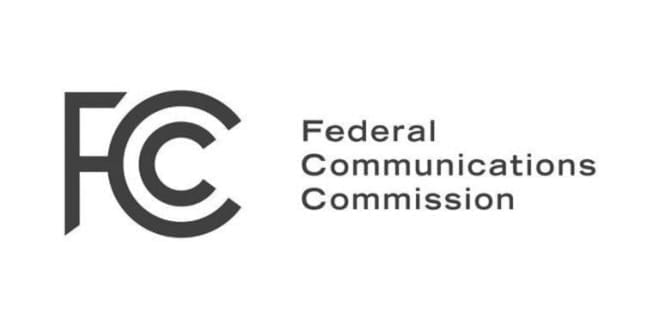A letter was recently revealed to the public which indicates that he Federal Communications Commission is going to investigate Verizon over its usage of supercookies. In response to criticism form privacy advocates, Verizon announced in January that users could opt out of the supercookies and they would no longer have their activity tracked. AT&T was also under fire last year for its own usage of supercookies, but has completely discontinued using them as of November.
Supercookies are more difficult for a user to bypass than an ordinary cookie. A cookie is just a file stored locally on a user's machine. They are used by websites to store information about a user which can be used across multiple sessions. If a user objects to the information that is being stored the cookies can simply be deleted.
Supercookies work a bit differently. Verizon is injecting a unique identifier in the header of every single HTTP request, which can be used by individual sites to track a user and build a profile of their activity. This unique identifier is tied to the data plan, so it would track activity across multiple browsers. Every single website a person visits would be able to see this unique identifier, although its unclear how many are actually making use of them.
Despite Verizon's new policy of letting users opt out of the supercookies, some senators were not satisfied with Verizon's response and asked the FCC to investigate Verizon over possible privacy violations. In a letter dated March 23, FCC chairman Tom Wheeler responded to them, stating that they would be looking into Verizon's usage of supercookies. The FCC will consider to what extent these supercookies violate rules relating to consumer privacy. Verizon is considered a common carrier and it is bound to follow certain rules relating to the privacy of user-data, including billing information and location data.
Verizon however claims it is committed to protecting users' privacy. A statement by Verizon reiterated that the unique identifier is no longer included if a user opts out of the advertising program. It goes on to say that Verizon does not share information with third-parties that would identify customers as being part of the advertising program. Despite these assurances, some are still not willing to trust Verizon. However, all they can do for now is wait and see what the FCC investigation turns up.
Do you think Verizon is violating users' privacy with supercookies? Leave your comment below.







